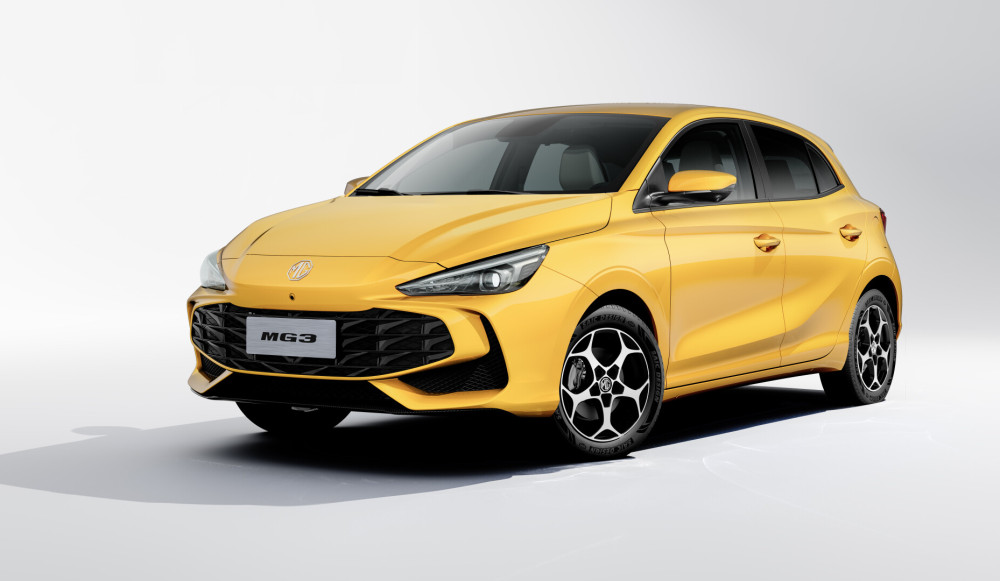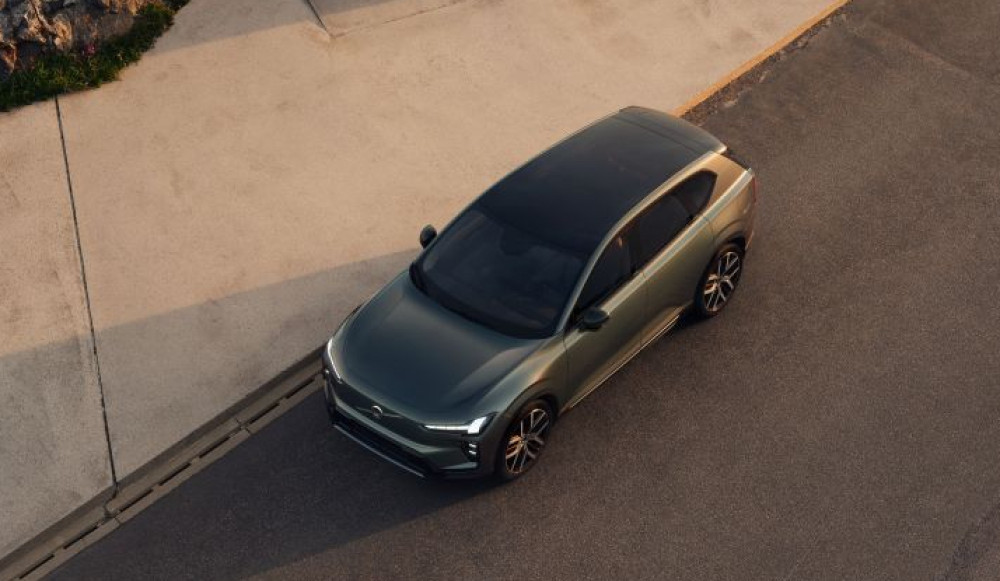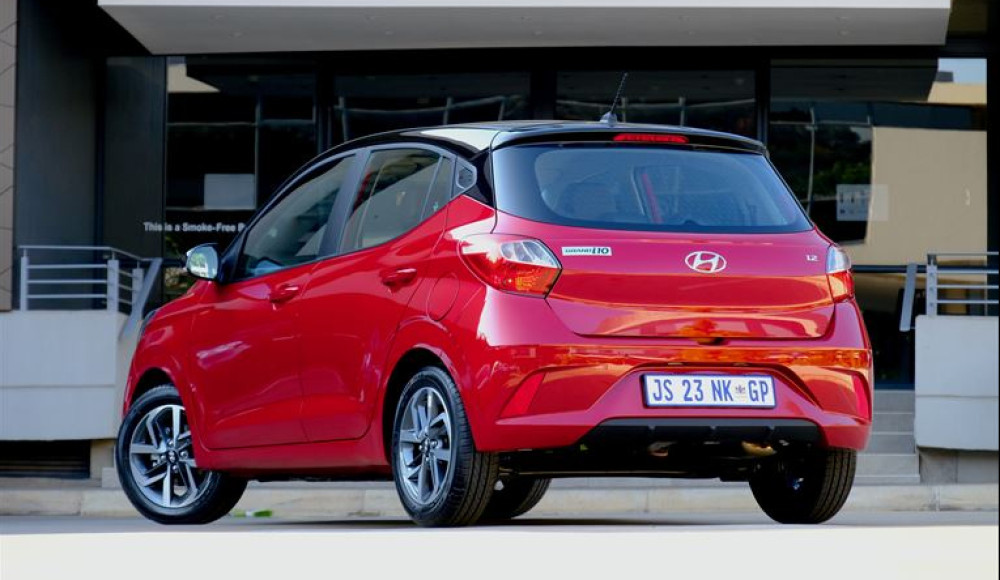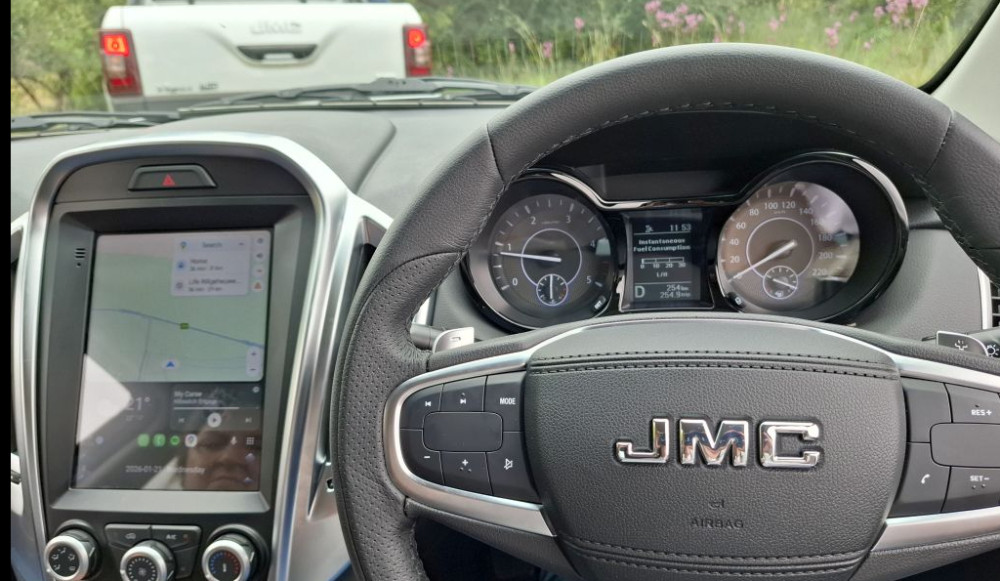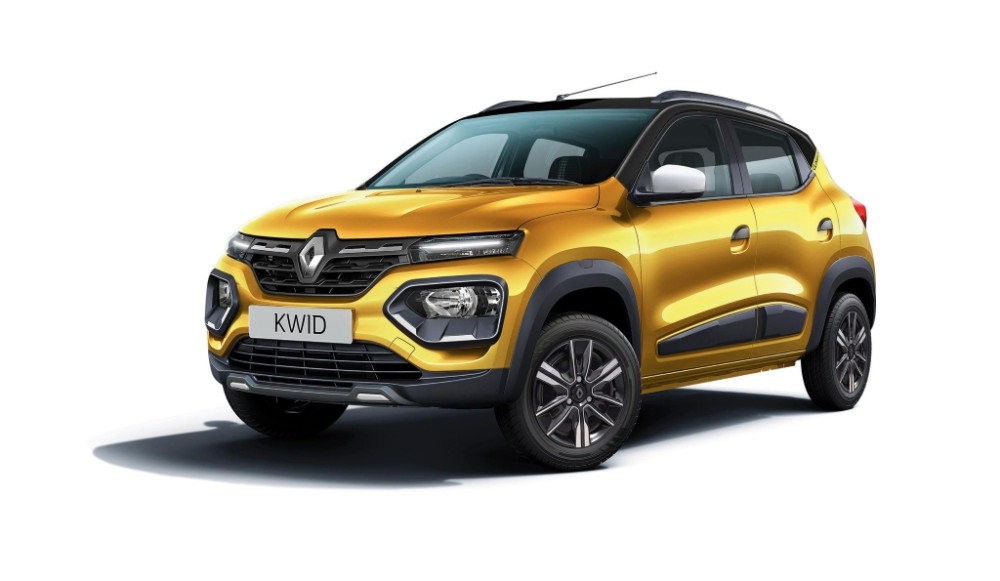Autonomous vehicles, also known as self-driving cars, are a hot topic in the global automotive industry. These vehicles use advanced technology like sensors, cameras, and artificial intelligence (AI) to navigate roads without the need for human drivers. While fully autonomous cars are still in development, semi-autonomous features like adaptive cruise control and lane-keeping assistance are already available in South Africa. But what does the future hold for autonomous vehicles in the South African context?
Click here to find the perfect vehicle for your needs.
Potential benefits for South Africa
Autonomous vehicles could offer South Africa many benefits. For starters, they could help reduce road accidents caused by human error, which is a major concern in our country. With AI-driven precision, these vehicles could potentially lower the number of crashes and save lives.
Another advantage is improved traffic flow. Self-driving cars can communicate with each other, adjusting speeds and routes to minimize congestion. This could significantly reduce commute times in busy cities like Johannesburg and Cape Town.
Autonomous vehicles could also provide accessible transportation options for people with disabilities or those who cannot drive, enhancing mobility and inclusivity.
Challenges ahead
Despite these exciting possibilities, South Africa faces several challenges before fully autonomous vehicles become a reality.
- Infrastructure:
Self-driving cars require well-maintained roads, clear signage, and smart traffic systems to function effectively. South Africa’s infrastructure, particularly in rural areas, needs significant upgrades to support this technology. - Cost:
Advanced technologies make autonomous vehicles expensive. For a country where affordability is a key factor in car ownership, these costs could limit widespread adoption. - Regulations:
South Africa currently lacks legal frameworks for autonomous vehicles. Questions around liability in accidents, data privacy, and safety standards must be addressed before autonomous vehicles can hit the roads. - Public trust:
Many people remain skeptical about the safety of self-driving cars. Building trust through rigorous testing and transparent communication will be crucial.
While fully autonomous vehicles may not dominate South African roads anytime soon, semi-autonomous features will likely become more common as manufacturers integrate them into new models. Governments and private companies must collaborate to develop infrastructure, introduce regulations, and create public awareness about the technology’s potential.
Get the best insurance quote for your vehicle here.
The journey toward autonomous vehicles in South Africa will be a gradual one, but the possibilities are promising. With the right investment and planning, these vehicles could transform transportation and pave the way for a safer, more efficient future.
Mpho Mahlangu, in association with
proudly CHANGECARS


